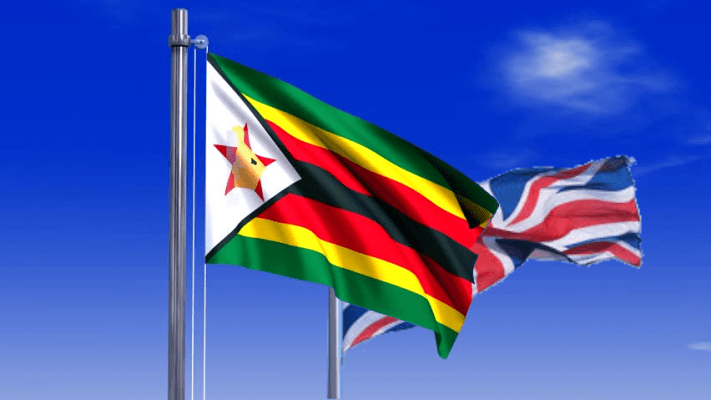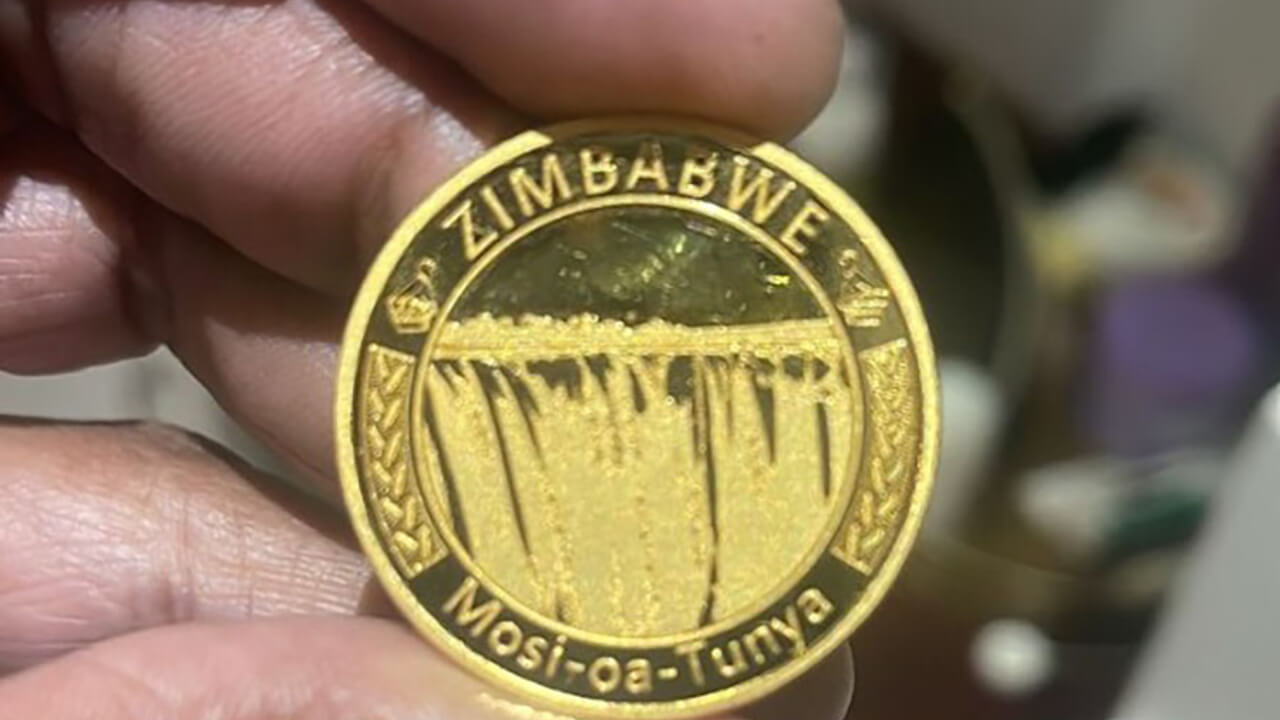Low tariffs weighing on investment:Econet
ECONET Wireless Zimbabwe (EWZ), says Zimbabwe has the lowest tariff rates for broadband services compared to other operators in the region, a situation the company blamed for limiting investments by network operators.
Zimbabwe’s telecommunications operators charge US$0, 0014 for one megabyte of broadband services compared to South African operators. Vodacom charges US$0,024 and MTN US$0,025 per megabyte.
Similarly, Zamtel of Zambia charges US$0,05 per megabyte, while Botswana’s Mascom and Orange offer a megabyte of broadband data at US$0,08.
The general sentiment in the local telecoms sector is that the current telecoms tariffs are limiting its capital expenditure endeavours.
Until recently, this was against the backdrop of high operating costs driven by investment in alternative sources of power due to constrained supply from the national grid.
The power situation has since improved tremendously following the completion of two generators at Hwange Power Station, which added 600MW to the national grid.
EWZ noted that it continues to see growth in demand for its services, with usage of voice and data growing by 30 percent and 31 percent respectively in the first quarter of 2023, necessitating more investment into the platforms and systems that drive capacity.
Addressing media practitioners at a workshop convened by EWZ, General Manager Matthew Masiyazi said the pricing of local telecoms services remains depressed despite having a landlocked country disadvantage.
“It is quite distressing when you hear individuals say local telecommunications services are expensive, Zimbabwe actually seats at less than a US cent per megabyte; this is by far the cheapest when you compare with our regional peers.
“When I say in the region, some of the countries are not landlocked, some of the countries do not have power problems, so some costs do not necessarily apply to them. If you have direct access to undersea cable, the international bandwidth drops dramatically.
“Here with power problems the cost of bandwidth should be higher than those who have undersea cables, stable power, and the like,” said Mr Masiyazi.
In its trading update for the quarter to May 2023, EWZ indicated that it expects its capital expenditure to reach US$135 million in the current financial year despite possible foreign currency challenges.
In addition to prioritising foreign currency allocations to mobile network operators the Postal and Telecommunications Regulatory Authority of Zimbabwe ( Potraz) is on the record saying it will continue to create a balancing act between tariff hikes and affordability, to enable the sustainability of operations in the telecoms sector.
In the 2023 telecoms sector report Potraz, said mobile voice traffic declined to 2,5 billion minutes in the first quarter of 2023, a 16,7 percent dip from three billion minutes recorded in the fourth quarter of 2022. It attributed the decline to the substitution of traditional voice calls by Voice over Internet Protocol (VoIP) during the quarter.
VoIP is a technology that allows you to make voice calls using a broadband Internet connection instead of a regular (or analog) phone line.
Also, the relentless increase in prices due to inflation saw market players lose revenue in real terms as working capital continued to grow at a rate that exceeded income, leading to reduced network investment.
In the period consumption of the sector’s product offerings slumped as customers’ ability to afford data services diminished following waning disposable incomes.-herald











